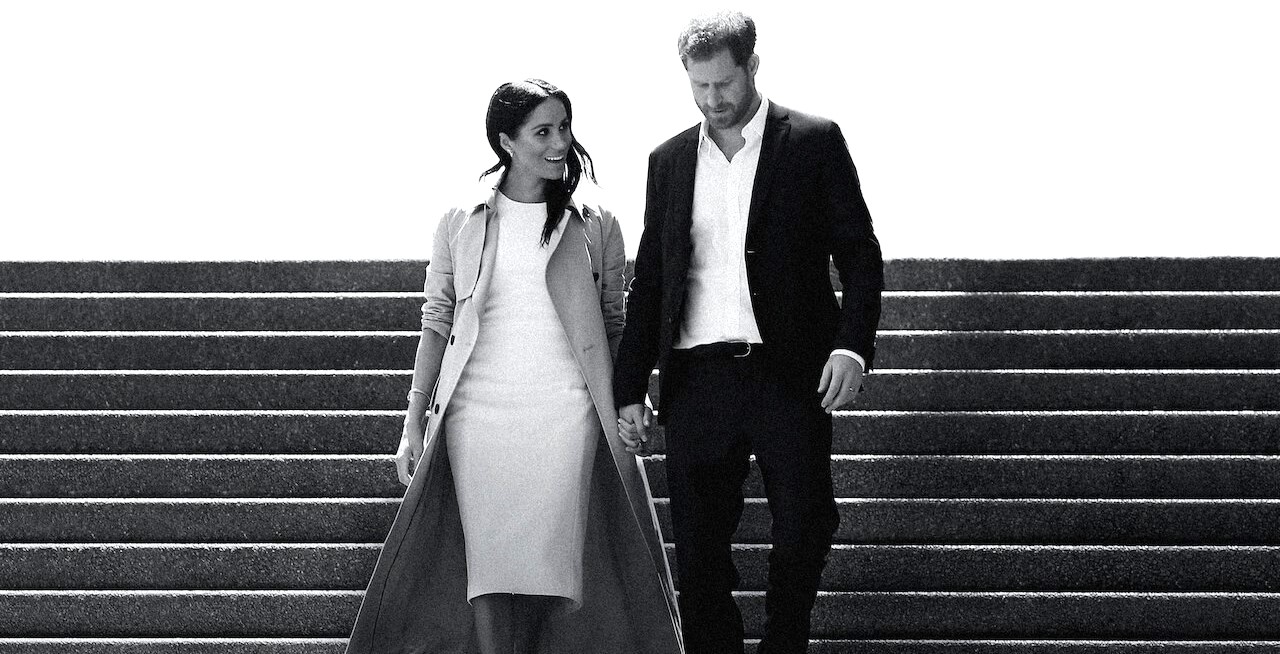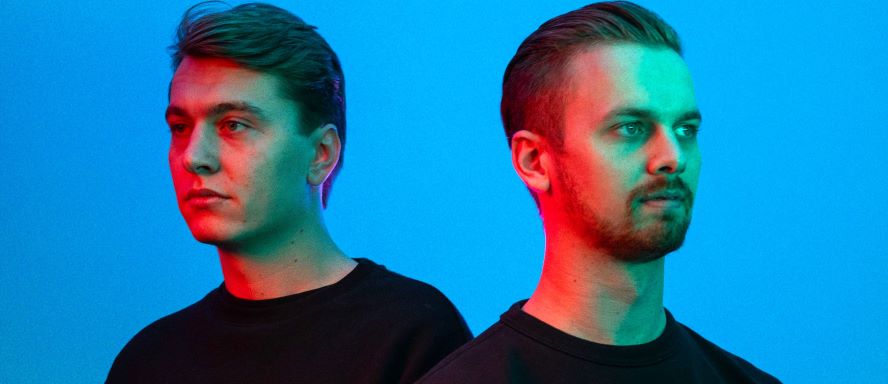Interview with author John Connolly: plot and characters of new novel 'The Dirty South'
The Dirty South is the new novel by John Connolly
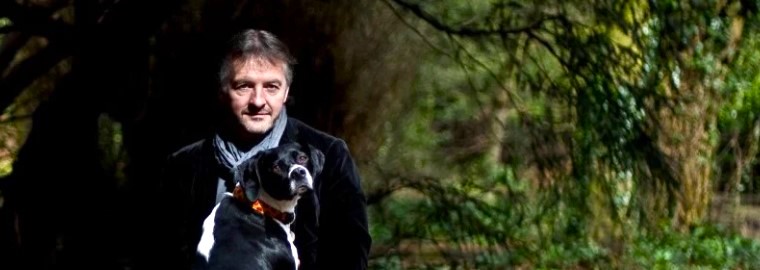
In the book "The Dirty South", the protagonist finds hostility in the Dirty South. Why is the south dirty?
I suppose the novel plays on that word “dirty” in relation to the South. I think it might have been rap artists who first embraced the concept of the “dirty South”, almost as a badge of honor, and there’s also a Drive-By Truckers album by that name. I’ve seen some interpretations of it as referring to the soil, and the idea of an environment where people have to engage physically with the landscape to make a living. But obviously there’s the other sense of it as a place that’s corrupt, or corrupted, to some degree – a corruption that even extends to the land and soil itself. The novel is set at the end of the 20th century, and is informed by historical issues of race and poverty (although they were reflected during writing and publication in the US by the rise of the Black Lives Matter movement, so they hadn’t really gone away). But during that period there was also an influx of new investment into Arkansas, partly as a result of the Clinton presidency, and with money comes corruption, and the exacerbation of certain social problems rather than the provision of solutions to them.
So that’s why the south is dirty in the title – although in case anyone feels I was somehow making things up, one of the people who helped research the book, and was very familiar with the institutions of the state, said that he felt like he knew all the people in it ...
The novel is rich in description and dialogue. Did you change your style from previous novels?
Yes, I did. I very much opted for stylised forms of dialogue, where everyone speaks with a kind of relish for the language. In a way that’s an attempt to capture something of the colour of the region, its accents and dialects, but it’s also a reflection of something David Milch, the creator of TV’s Deadwood, once said. When he was writing dialogue for Deadwood, he based it on the idea that people in the American West of the 19th century would have been exposed to the language of the Bible, and touring theatrical companies, and that would have informed how they spoke. Whether it’s true or not, it’s an interesting approach, and something of it filtered into the writing of the dialogue in The Dirty South. Similarly, I wanted to communicate a portentousness in the descriptions of landscape, a feeling that it might almost be a consciousness in itself. I spent time in Arkansas, driving around, talking to people, trying to get a feel for the place. That’s usually how I work, but Arkansas was virgin territory for me, so the process took a little longer.
How does Charlie Parker experience these years searching for the killers of his wife and son? Will he ever find peace?
I think he has found a kind of peace, in that he knows his deceased daughter will be waiting for him when he dies, and he has a sense of purpose, even vocation, now. He understands that a larger story is unfolding, one in which he has a crucial part to play, but he has to wait and watch before that part is revealed to him. He’s a happier person than he was in the earlier novels – although that wouldn’t be difficult, I suppose.
Looking back, how do you evaluate the various books on Charlie Parker?
Of my own books? Oh, I never fully answer that question, in part because I look back and just see the things I might have done differently. If I was pressed, among the recent books I think The Dirty South does what I set out to do with it, and so does The Wolf in Winter. Basically, though, I’ve always tried to do my best with each book, so each is as good as I could make it at the time. I think that he, the novel I wrote about Stan Laurel, may be the best thing I’ve done – it was certainly among the hardest to write – but others may differ.
What is your favorite book and why?
As for the books of others, gosh, there are just so many: Bleak House by Charles Dickens, Wuthering Heights by Emily Brontë, Dumas’s The Three Musketeers, the Jeeves & Wooster stories of P.G. Wodehouse…
Do you think the detective story genre sums up people's doubts well, about the search for truth?
I think the genre provides a form of reassurance. It gives us solutions that we don’t always get in real life, and suggests justice can be achievable, and the vulnerable protected, as long as the good step up and act. But it does all that through narratives that engage, entertain, and thrill.
What is your next project?
I’ve just delivered the sequel to The Book of Lost Things after some 16 years, and I’m currently working on two new Parker books, as well as my PhD. So somewhere down the line it’ll be “Dr. John” to folks…
© All rights reserved
You Might Be Interested

Ponies, Haley Lu Richardson interview
the statements of Haley Lu Richardson

Ponies, Emilia Clarke interview
The statements of Emilia Clarke

The Strangers: Chapter 3, Madelaine Petsch interview
The comments from Madelaine Petsch

TV series Tell Me Lies, interview with Jackson White and Branden Cook
Discover Tell Me Lies, tv series starring Jackson White, Tom Ellis, Branden Cook. Plot, cast
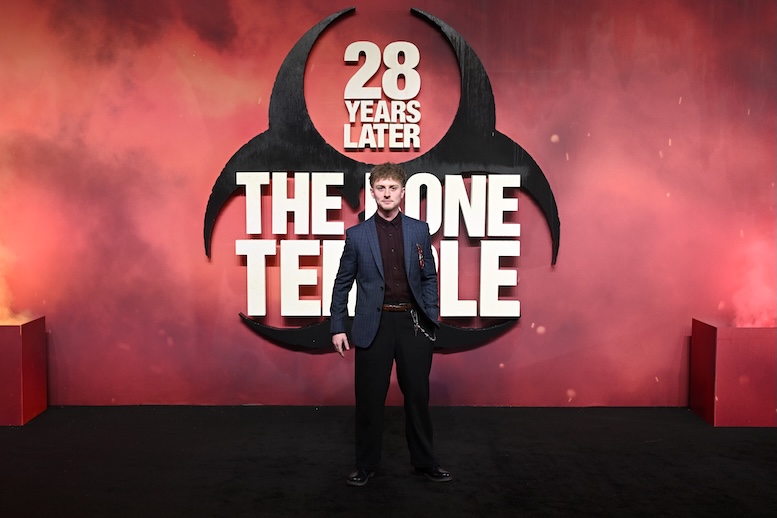
28 Years Later: The Bone Temple, Sam Locke Interview
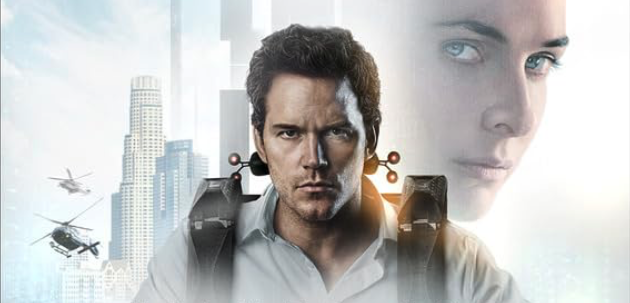
Mercy: An Interview with Annabelle Wallis
Annabelle Wallis introduces Mercy: Insights from the set
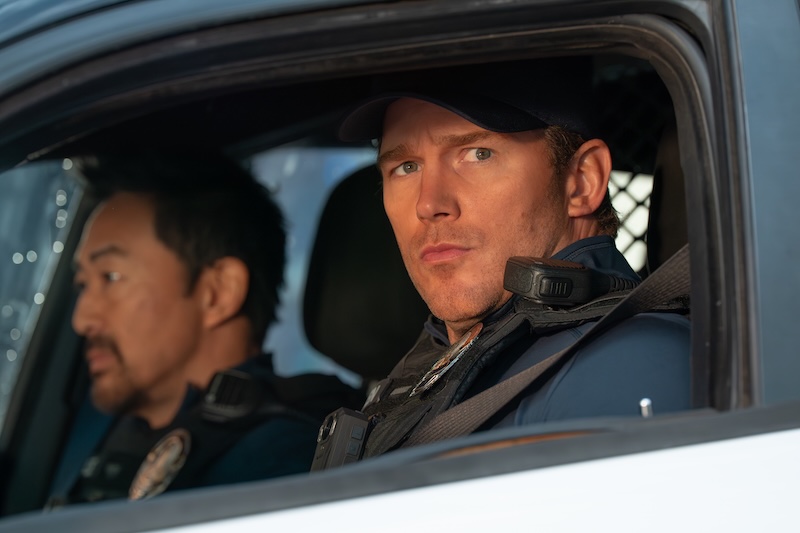
Mercy: An Interview with Chris Pratt
Chris Pratt introduces Mercy: Insights from the set
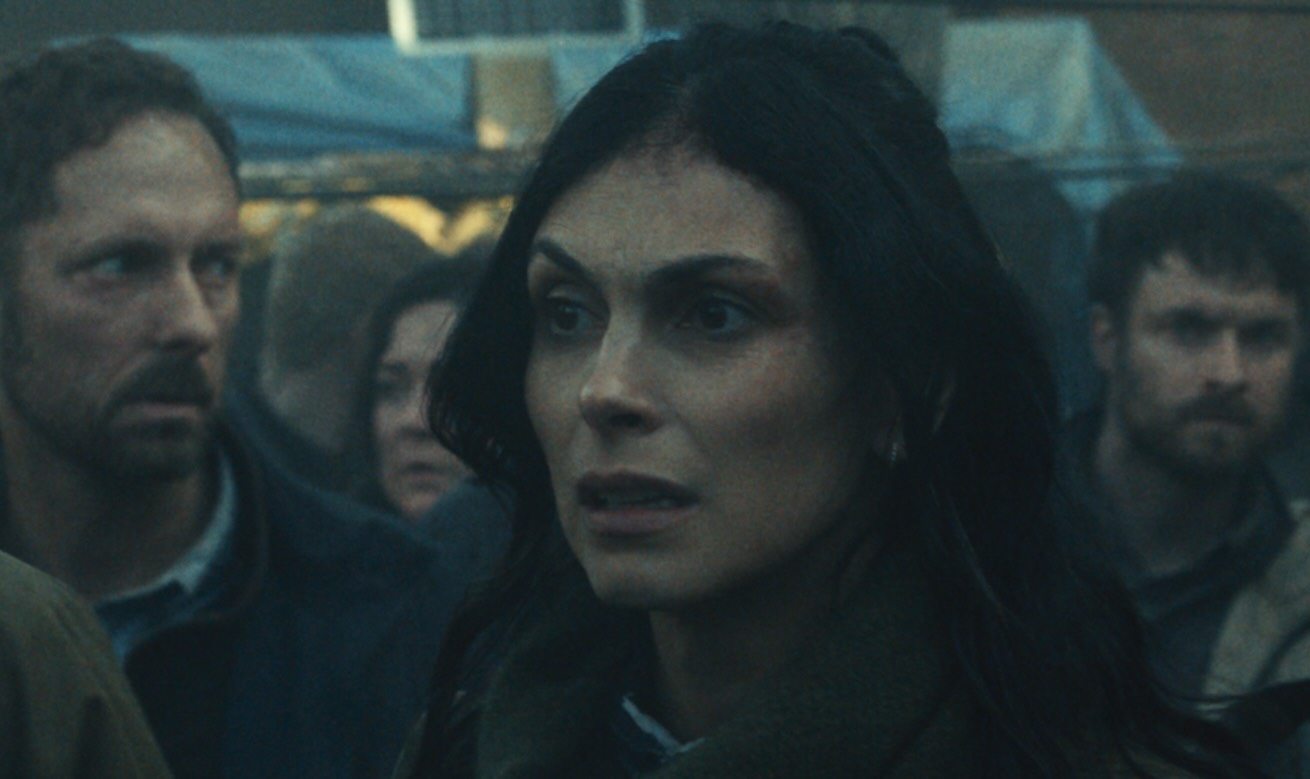
Greenland 2 Migration, Morena Baccarin Interview
Comments from Morena Baccarin

